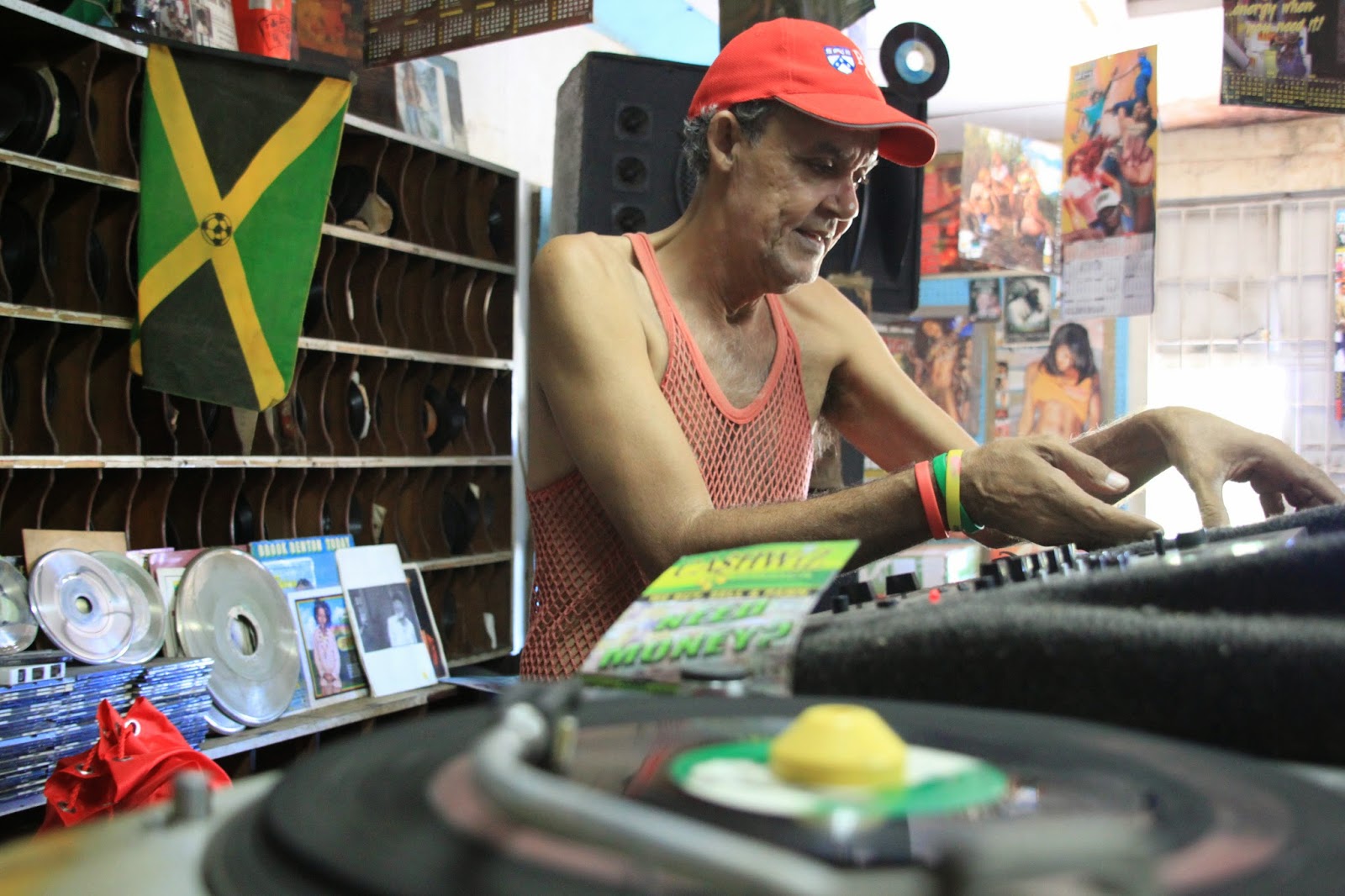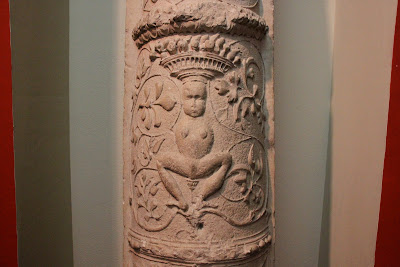The feathers fly over chicken eatery in India
The Los Angeles Times (Electronic Edition) By JOHN-THOR DAHLBURG and AMITABH SHARMA SPECIAL TO THE TIMES
SEPTEMBER 22, 1995
NEW DELHI - In the south Indian city of Bangalore, a high-stakes game of chicken is being played--and Col. Sanders could be the loser.
At issue is the first of what Kentucky Fried Chicken hopes will soon be 30 of its restaurants in India. Its foes, who are trying to shut down the pioneering eatery, claim American fast food is a baneful influence on India's economy and environment, counter to the country's best interests and dangerous and unhealthy for those who eat it.
"Look at the children" of overseas Indixo, said M. D. Nanjundaswamy, leader of the farmers organization spearheading the anti-KFC campaign. "These overgrown kids look like broiler chickens themselves."
Nanjundaswamy has called for "people's action" in India's fast-growing computer capital to drive out an intruder he claims is serving poultry stuffed with hormones and chemicals.
To counter the threat posed by Nanjundaswamy's Karnataka State Farmers Assn., the government of Karnataka state has dispatched armed police to mount a 24-hour vigil at the restaurant's door.
The uproar and a simultaneous court battle have made KFC, a fast-food subsidiary of PepsiCo Inc., the latest U.S. firm to become embroiled in controversy as India opens up long-closed markets to foreign capital and businesses.
"What the campaign ultimately boils down to is a deep-seated hatred" of multinational corporations in the view of Indian journalist Sandhya Mendonca, who has followed the controversy for a Calcutta weekly. "Its opponents say that the liberalization of the economy has amounted to very little--barring the setting up of fast-food outlets that we don't really need."
KFC's troubles came to a boil Sept. 13, when the Bangalore Municipal Corp. ordered the restaurant shut, allegedly because Col. Sanders' "hot & spicy" seasoning contains nearly three times as much monosodium glutamate as allowed by India's Prevention of Food Adulteration Act.
KFC won a temporary reprieve from a Bangalore High Court judge the same day. The judge ruled that the restaurant could operate through today, when full court hearings are scheduled.
"All we are saying is to let the customer decide," Sandeep Kohli, managing director for India of PepsiCo Restaurants International, told reporters. "If they don't like our product, then we will have to close anyway."
Kohli claimed that the amount of MSG used is well within legal limits and that health standards at the two-story restaurant on Bangalore's fashionable Brigade Road are unequaled locally.
In recent years, some other large U.S. companies, including Cargill, DuPont, Enron and Coca-Cola, have been on the receiving end of protests or opposition in India from hostile politicians, activists and government authorities.
But so far, U.S. investors, the source of almost $6 billion of the $11.3 billion in foreign investment cleared by India through June, have not gotten cold feet, said one business spokesman.
"There's no sign of anybody backing out of the projects," Jordan Misra, an executive at the U.S. desk of the Confederation of Indian Industries, said Wednesday. "All the long-term projects are proceeding on course."
SEPTEMBER 22, 1995
NEW DELHI - In the south Indian city of Bangalore, a high-stakes game of chicken is being played--and Col. Sanders could be the loser.
At issue is the first of what Kentucky Fried Chicken hopes will soon be 30 of its restaurants in India. Its foes, who are trying to shut down the pioneering eatery, claim American fast food is a baneful influence on India's economy and environment, counter to the country's best interests and dangerous and unhealthy for those who eat it.
"Look at the children" of overseas Indixo, said M. D. Nanjundaswamy, leader of the farmers organization spearheading the anti-KFC campaign. "These overgrown kids look like broiler chickens themselves."
Nanjundaswamy has called for "people's action" in India's fast-growing computer capital to drive out an intruder he claims is serving poultry stuffed with hormones and chemicals.
To counter the threat posed by Nanjundaswamy's Karnataka State Farmers Assn., the government of Karnataka state has dispatched armed police to mount a 24-hour vigil at the restaurant's door.
The uproar and a simultaneous court battle have made KFC, a fast-food subsidiary of PepsiCo Inc., the latest U.S. firm to become embroiled in controversy as India opens up long-closed markets to foreign capital and businesses.
"What the campaign ultimately boils down to is a deep-seated hatred" of multinational corporations in the view of Indian journalist Sandhya Mendonca, who has followed the controversy for a Calcutta weekly. "Its opponents say that the liberalization of the economy has amounted to very little--barring the setting up of fast-food outlets that we don't really need."
KFC's troubles came to a boil Sept. 13, when the Bangalore Municipal Corp. ordered the restaurant shut, allegedly because Col. Sanders' "hot & spicy" seasoning contains nearly three times as much monosodium glutamate as allowed by India's Prevention of Food Adulteration Act.
KFC won a temporary reprieve from a Bangalore High Court judge the same day. The judge ruled that the restaurant could operate through today, when full court hearings are scheduled.
"All we are saying is to let the customer decide," Sandeep Kohli, managing director for India of PepsiCo Restaurants International, told reporters. "If they don't like our product, then we will have to close anyway."
Kohli claimed that the amount of MSG used is well within legal limits and that health standards at the two-story restaurant on Bangalore's fashionable Brigade Road are unequaled locally.
In recent years, some other large U.S. companies, including Cargill, DuPont, Enron and Coca-Cola, have been on the receiving end of protests or opposition in India from hostile politicians, activists and government authorities.
But so far, U.S. investors, the source of almost $6 billion of the $11.3 billion in foreign investment cleared by India through June, have not gotten cold feet, said one business spokesman.
"There's no sign of anybody backing out of the projects," Jordan Misra, an executive at the U.S. desk of the Confederation of Indian Industries, said Wednesday. "All the long-term projects are proceeding on course."



Comments
Post a Comment